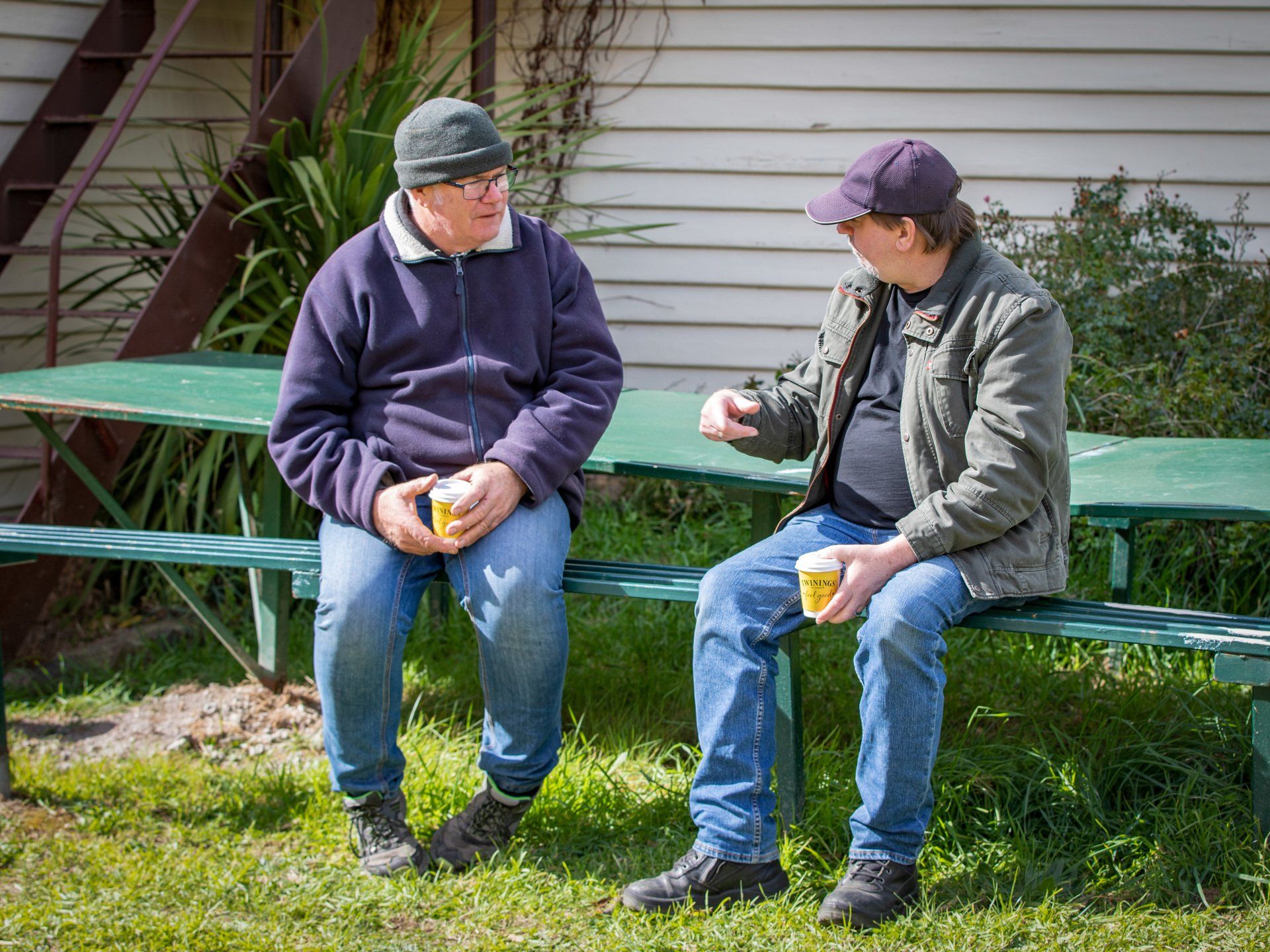How to support someone on Father's Day
For many, Father's Day is a moment to celebrate the dads and father figures who have made an impact on our lives. But for some, it can be a tough day. Grief, divorce or separation, relationship issues, absence, painful or unresolved feelings are just a few of the things that can make this a difficult day.
This year’s Father’s Day might be a difficult time for even more Australians as physical distancing measures and self-isolation guidelines may make spending time with family difficult, or not possible, for many Australians.
If you know Father's Day is going to bring up tough emotions for yourself, a friend or a loved one, it can help to talk about it and have a self-care plan in place.
This Father’s Day keep an eye out for the signs that could indicate someone is finding it tough or might need some extra support.
What are the signs someone might be having a tough time this Father's Day? Ask yourself,
Do they seem:
Moody?
Unable to switch off?
Concerned about the future?
Concerned they're a burden?
Lonely or lacking self-esteem?
Concerned they're trapped or in pain?
Are they:
Experiencing mood swings?
Becoming withdrawn?
Changing their online behaviour?
Losing interest in what they used to love?
Unable to concentrate?
Less interested in their appearance and personal hygiene?
Behaving recklessly?
Are they experiencing:
Relationship issues?
Major health issues?
Constant stress?
Financial difficulty?
The loss of someone or something they care about?
If you feel like something's not quite the same with someone you know - trust that gut instinct and take the time to ask them "Are you OK?". By reaching out to anyone you think might be struggling with the day, you can show them they're supported and encourage them to access help if it's needed.
Make time for a meaningful conversation
You don't need to be an expert to reach out to someone and ask R U OK? – just a good friend and a great listener. If you know that someone is likely to struggle on Father's Day, or you have a gut feeling that something is not right, start a conversation and let them know you're there for them.
How to ask R U OK?
Follow our four steps to have a conversation that could change a life but remember if the conversation is too big for you to take on alone, contact a professional through the 'Find Help' page on the R U OK? website.
Step 1: Ask R U OK?
Be relaxed, friendly and concerned in your approach.
Help them open up by asking questions like "How are you going?" or "What's been happening?"
Mention specific things that have made you concerned for them, like "You seem less chatty than usual. How are you going?"
Step 2: Listen without judgement
Take what they say seriously and don't interrupt or rush the conversation.
Don't judge their experiences or reactions but acknowledge that things seem tough for them.
If they need time to think, sit patiently with the silence.
Encourage them to explain: "How are you feeling about that?" or "How long have you felt that way?"
Show that you've listened by repeating back what you've heard (in your own words) and ask if you have understood them properly.
Step 3: Encourage action
Ask: "What have you done in the past to manage similar situations?"
Ask: "How would you like me to support you?"
Ask: "What's something you can do for yourself right now? Something enjoyable or relaxing?"
You could say: "When I was going through a difficult time, I tried this... You might find it useful too."
If they've been feeling down for more than two weeks, encourage them to see a health professional. You could say, "It might be useful to link in with someone who can support you. I'm happy to assist you in finding the right person to talk to."
Be positive about the role of professionals in getting through tough times.
Step 4: Check in
Pop a reminder in your diary to call them in a couple of weeks. If they're struggling, follow up with them sooner.
You could say: "I've been thinking of you and wanted to know how you've been going since we last chatted."
Ask if they've found a better way to manage the situation. If they haven't done anything, don't judge them. They might just need someone to listen to them for the moment.
Stay in touch and be there for them. Genuine care and concern can make a real difference.
Help in a crisis
If you or a loved one need support, Lifeline can provide a listening ear and telephone crisis support 24/7 on 13 11 14.
You can find other support services at www.ruok.org.au/findhelp






















